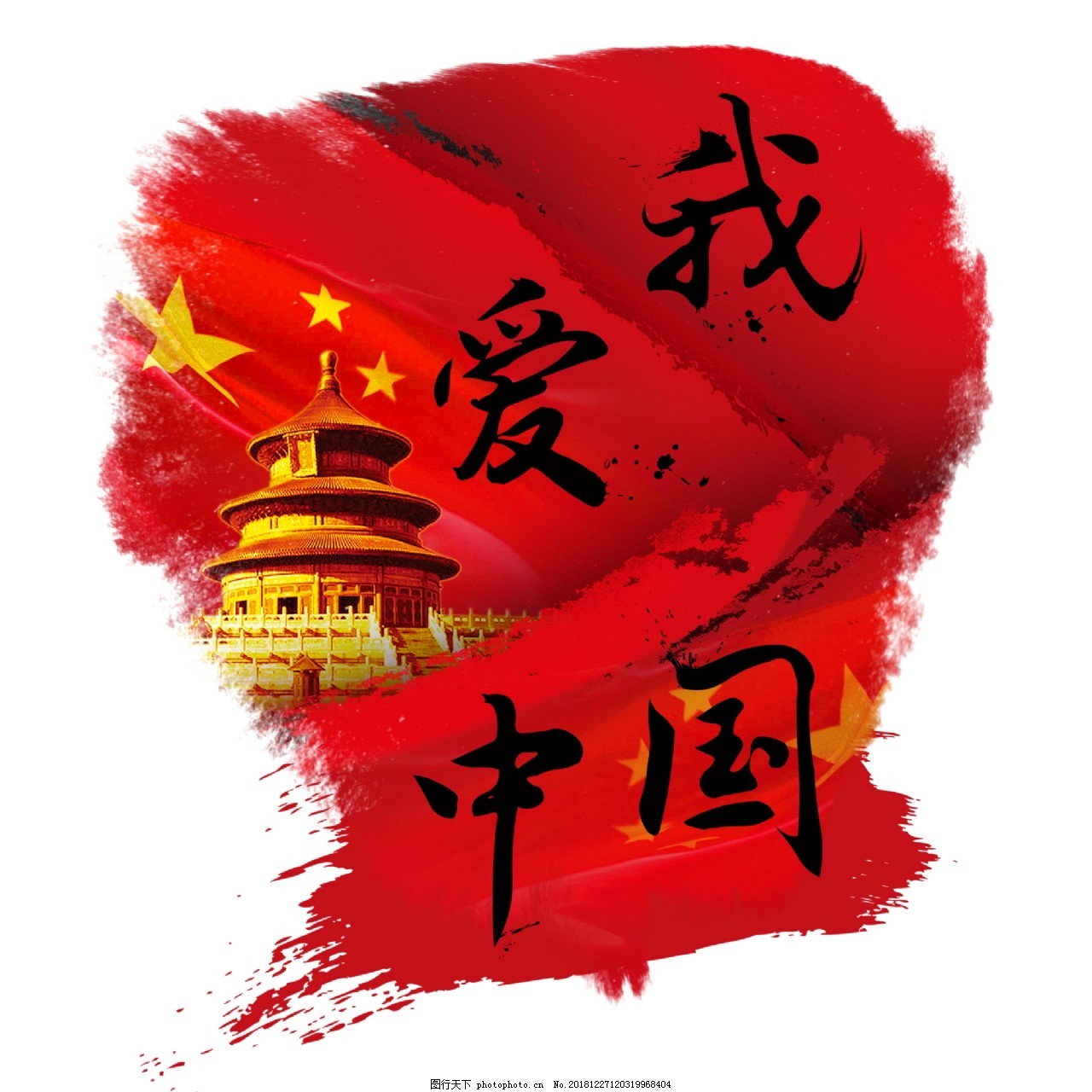

I assume this is an attempt to re-shore manufacturing, especially if as many of us expect, many countries choose to take the tarrif hit so that they can keep trading in their own currency between eachother.
It’s a strategic bet, bring home some manufacturing while hurting those who defy the empire. It’ll certainly reduce the availability of certain goods in the US as countries choose other markets. This likely would help to encourage some level of reshoring, or at least increase pressure from the ruling class to force more coups of other countries to force them back onto the dollar system.
Whether this will backfire or not will is something that is very hard to predict.








It’s so frustrating to read anything about IMF loans because most summaries are all euphemistic economic jargon. Then you read past the summary and while the material is still opaque, they’ll have snippets where they explain in plain language what they want.